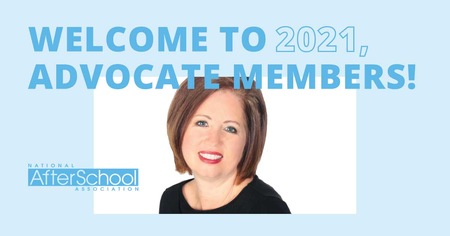and addressing critical bottlenecks.
Yet finding and selecting a consultant can seem like a daunting task. Based on our experience at the Afterschool Expert Hub, we have developed a simple 4S framework to set up projects for success.
I. SCOPE the project.
Hiring a consultant without a project scope can be like buying an air ticket without thinking about the destination—you'll spend money and get somewhere, but it may not be a place you want to be. A good project scope outlines the WHY (the problem and definition of success), the WHAT (key activities and deliverables), the WHO (must-have and nice-to-have consultant qualifications) and the HOW (timeline and budget) of the project. Having a written scope also ensures that stakeholders who might have an interest in the project outcome (e.g., your Board, leadership team, staff, funders, et cetera) are on the same page before you embark on the process.
Not sure how to start scoping out your project? Review our starter project templates here or schedule a needs assessment call, and we'll develop a scope for you.
2. SOURCE multiple proposals.
Savvy homeowners know it's a bad idea to hire the first plumber listed in the directory. (Able! Acme! Ace!) Yet when it comes to finding a consultant or trainer to work with, time-constrained OST leaders will often settle for the first recommendation they get—and then suffer buyers' remorse when they realize the person did not bring the right skills, had an incompatible working style, or was too expensive. Sourcing multiple bids opens up options for OST organizations and results in a more diverse and robust pool of talent and approaches to choose from. Through our work at the Afterschool Expert Hub, we've found that sourcing three proposals per project ensures the OST leaders we work with offer enough variability and information to allow organizations to assess options and make trade-offs.
3. SCORE proposals.
Now that you have multiple proposals, how do you decide between them? An evaluation scorecard can help you keep track of how each consultant lines up on the selection criteria that matter most to you. Our evaluation scorecard includes some specific criteria we've found especially relevant to project-based work.
Download our evaluation scorecard template here.
Here are a few elements of the scorecard, with some guiding questions.
- Consultant qualifications: Has the consultant worked on similar projects, or advised similar organizations before? Does the consultant demonstrate competencies critical to the success of the project (e.g., strong project management skills, written communication skills, etc.)? If work samples were provided, do they match your expectations? Does the consultant have the capacity to engage this work in the manner required?
- Proposed approach: Does the proposal present the right combination of vision and detail? Are the specific activities, deliverables and timeline aligned with your expectations—and do they seem feasible? Does the proposal include any new ideas that you hadn't considered before? Do the writing and the overall presentation reflect the consultant's comfort and expertise in the project area?
- Budget: Is the budget within your desired range? How does it compare to budgets proposed by other consultants? If it's more expensive, what does the additional money get you? Are all significant incidental expenses (e.g., travel) accounted for?
- Other criteria:
- Location for projects where significant in-person work is required.
- Prior experience with your organization for cases where organizational context and prior relationships within the organization can make a difference.
- Cultural fit for projects where the consultant needs to engage deeply with the team.
- Alignment with other organizational goals and values. Examples might include increasing diversity or promoting local/small businesses.
4. SELECT the right option.
Once you've reviewed each candidate's resume, proposal and relevant work samples—and evaluated them against your decision matrix, you should be able to identify your top three to interview. Interviews are great opportunities to check for understanding and gauge mission-alignment and cultural fit. While most of the interviews we set up at the Afterschool Expert Hub are by phone, some clients have opted to do video interviews, which we've found to be incredibly helpful.
Courtesy of Catlyst:Ed.




